Washington Post opinion writer Dana Milbank wrote Thursday, as if it were a matter of settled fact, that the Family Research Council is "a mainstream conservative think tank." FRC is "a policy shop," he said, "that advocates for a full range of conservative Christian positions, on issues from stem cells to euthanasia."
Milbank was particularly upset that the Southern Poverty Law Center classifies FRC as a hate group, alongside groups like the Ku Klux Klan. If only the KKK had established a broader range of positions on the environment and health care, would it too have been called "mainstream" by a Washington Post columnist?
It's not quite that simple. Milbank told me Tuesday -- after a barrage of criticism that included a radio interview with Michelangelo Signorile that he called "an ambush, and quite unfair" -- that it just seems like violent groups should be noted separately from the likes of the FRC, which doesn't make its attacks physical.
"I hate -- to coin a term -- to be in the position of defending FRC," Milbank told me via email. "Seems to me there should be a different category for groups associated with objectionable and defamatory speech and groups that are frequently associated with violent attacks. Maybe that's a fine line, but it seems to me counterproductive to slap inflammatory labels on our opponents when in fact the way to beat them is by persuasion, example, and nonviolence."
It's a fine line indeed. Any LGBT person who has heard what the FRC says about gay people, conflating us with pedophiles and claiming we are the product of immoral parenting, knows its rhetoric is dangerous. When young LGBT people are trying to decide whether the world is safe, words matter, even if they don't accompany a realized assault.
Milbank was reacting in his original column to a gunman's attempt to get inside the headquarters of the Family Research Council in Washington, D.C., last Wednesday. A security guard was shot in the arm before stopping the suspect, later identified by police as Floyd Corkins, who is a volunteer at a local LGBT community center.
The day after the shooting, Perkins used his skill in front of a camera to hold a press conference and assign blame. He made the case that the real cause for the violence is the SPLC designation since 2010 of FRC as a hate group.
In repeating this faulty logic, Milbank appeared oblivious to the fact that, at Advocate.com, we have an entire section for crimes against LGBT people. So many murders, beatings and other forms of abuse happen to us on a regular basis that we actually can't mention all of them in the section. We just don't have enough staff to report on all the violent crimes against LGBT Americans.
And then there are all the incidents of discrimination we wish were considered crimes but are still legal: The seemingly sweet bed-and-breakfast that refuses to welcome a gay couple sounds to us an awful lot like a lunch counter that doesn't serve blacks.
When a right-wing group wanted Ellen DeGeneres fired as spokeswoman for JCPenney just because she's a lesbian, Perkins and the FRC called on their followers to join a boycott of the department store chain. There's no difference between believing Ellen should be fired as TV spokeswoman and believing a lesbian JCPenney cashier should be fired for not representing company values. As a gay person, it's impossible not to take that personally. It's also hard not to view it as hatred.
Perkins and other evangelicals shield themselves in an abused axiom. They "hate the sin, not the sinner." You won't find that oft-repeated phrase anywhere in the Bible. But if the Southern Poverty Law Center had simply changed its designation to "Sin-Hating Group," then Perkins might not object.
Most people don't see the distinction between the so-called "sin" and the person. I'm one of those people who Perkins condemns for being myself. I can no easier stop sinning than I can change the color of my skin.
Perkins says gay people are ruining society. That's not merely the reasoned pronouncement of a harmless policy shop. Saying that allowing a group of people to live out their everyday lives will lead to the very end of society is the same as arguing the world would be a better place if we didn't exist.
If anyone were to argue that Dana Milbank shouldn't exist, it should be safe to assume they hate him.
Here's how Perkins, for example, explained the Family Research Council's opposition to repealing the military's "don't ask, don't tell" policy.
"This means that all 1.4 million members of the U.S. military will be subject to sensitivity training intended to indoctrinate them into the myths of the homosexual movement: that people are born 'gay' and cannot change and that homosexual conduct does no harm to the individual or to society," he wrote in a June 2010 opinion piece on CNN.
There were "mainstream" politicians who argued against repealing DADT. But they didn't echo Perkins's case that gay people are a cancer on society.
Perhaps the worst example of what makes Perkins outside the mainstream is what he wrote for, of all places, The Washington Post. In a blog post for its Faith section, Perkins argued that gay children are committing suicide at alarming rates not because of the harassment and persecution they face, but because being gay is unnatural and causes mental illness.
"Some homosexuals may recognize intuitively that their same-sex attractions are abnormal," Perkins wrote for the On Faith blog in 2010, "yet they have been told by the homosexual movement, and their allies in the media and the educational establishment, that they are 'born gay' and can never change. This -- and not society's disapproval -- may create a sense of despair that can lead to suicide."
For those who are making a real effort to understand what might have compelled Corkins to pick up a gun and head to FRC, the suicide and bullying problem in our schools is a helpful comparison. In the documentary Bully, one of the most important but less frequently discussed stories it follows is of a young student named Ja'Maya. She was bullied so often and so viciously while riding the bus to school and was so disappointed by those in authority that she brought her mother's gun to school.
I can't imagine the despair a 14-year-old must feel before reaching a breaking point in which the next best defense seems like threatening violence. But I understand being tired of it all.
I understand that when thousands of people rush to take part in a veritable parade for homophobia at the drive-thrus and cash registers of Chick-fil-A, it is alarming to our personal sense of security. When people we thought were our friends proudly declare their homophobia on Facebook, it feels sudden, and like the world is less accepting than we'd hoped it had become.
I know that the many tragic stories The Advocate writes about crimes against LGBT people aren't uplifting. Instead, they leave commenters feeling a need to fight back against our bullies. Many feel that government is failing in its job to protect us from discrimination on multiple fronts, just like Ja'Maya feels her school administrators are failing her.
But I am confident that no matter how many times people like Perkins make a spectacle of their homophobia, it opens the eyes of more people who realize that what they believe is not what Perkins believes.
Violence only slows that inevitable progress. It confuses people who are our likely supporters, like Dana Milbank, who then have a hard time discerning the good from the hateful.
LUCAS GRINDLEY is the editor for Advocate.com and news director for The Advocate. He lives in Los Angeles with his husband and two foster daughters.
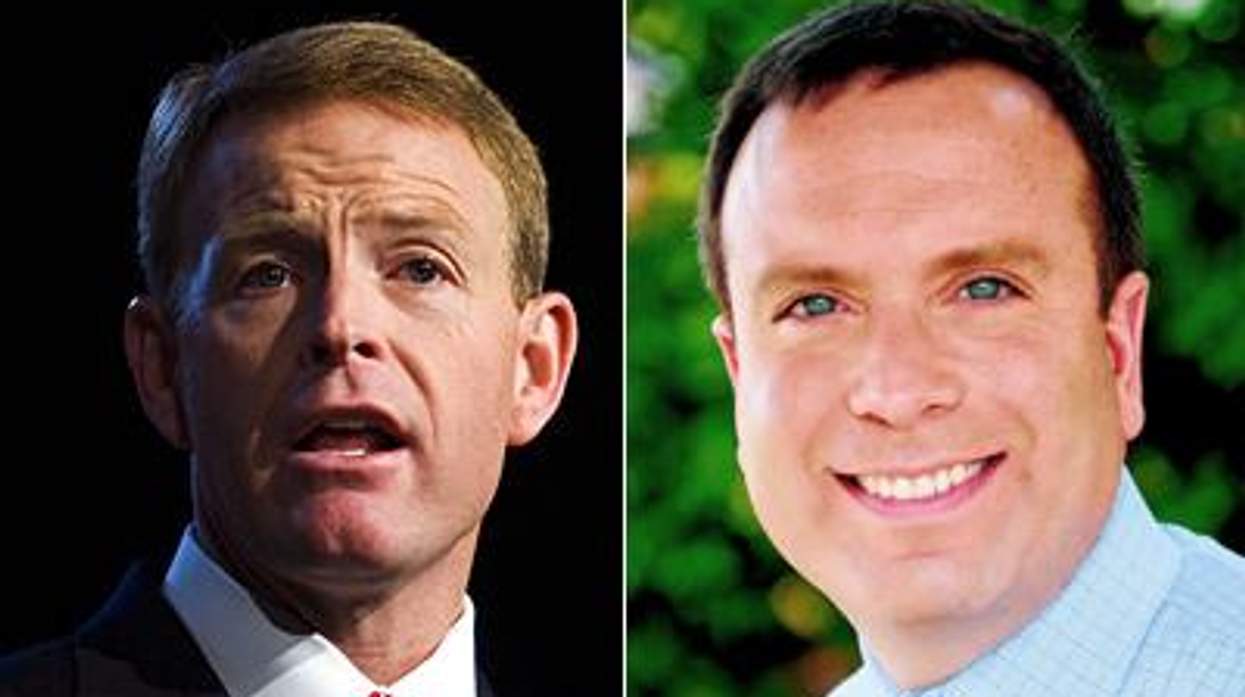















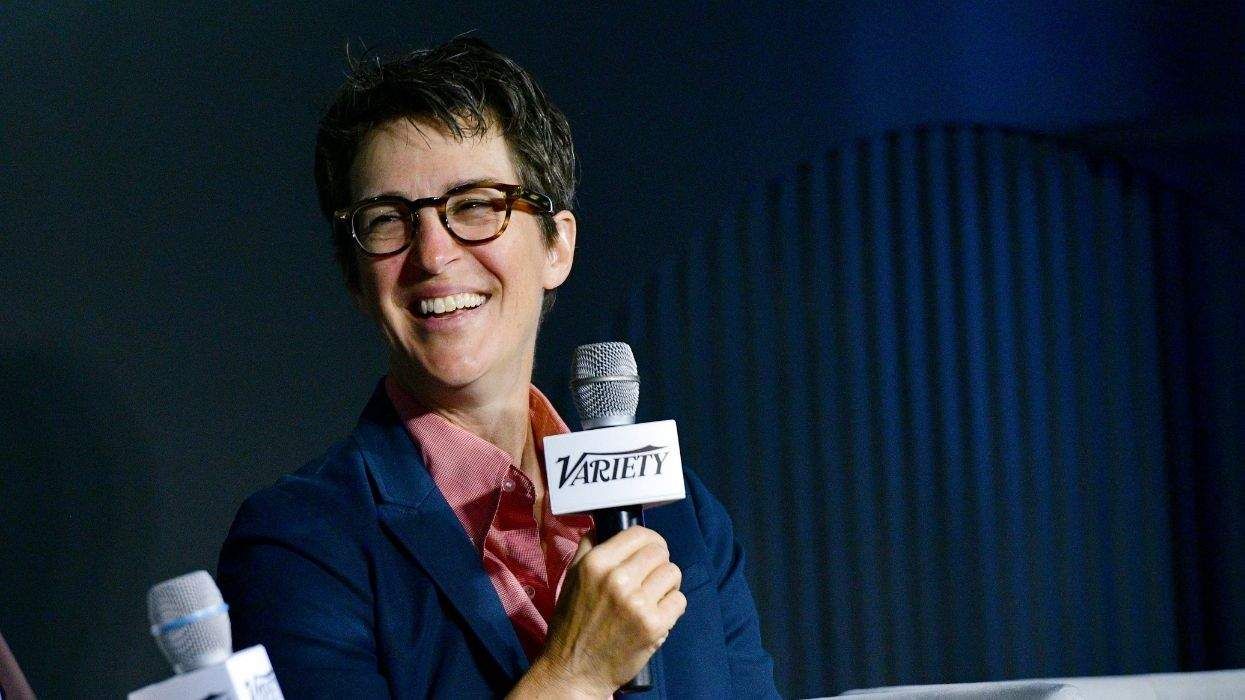


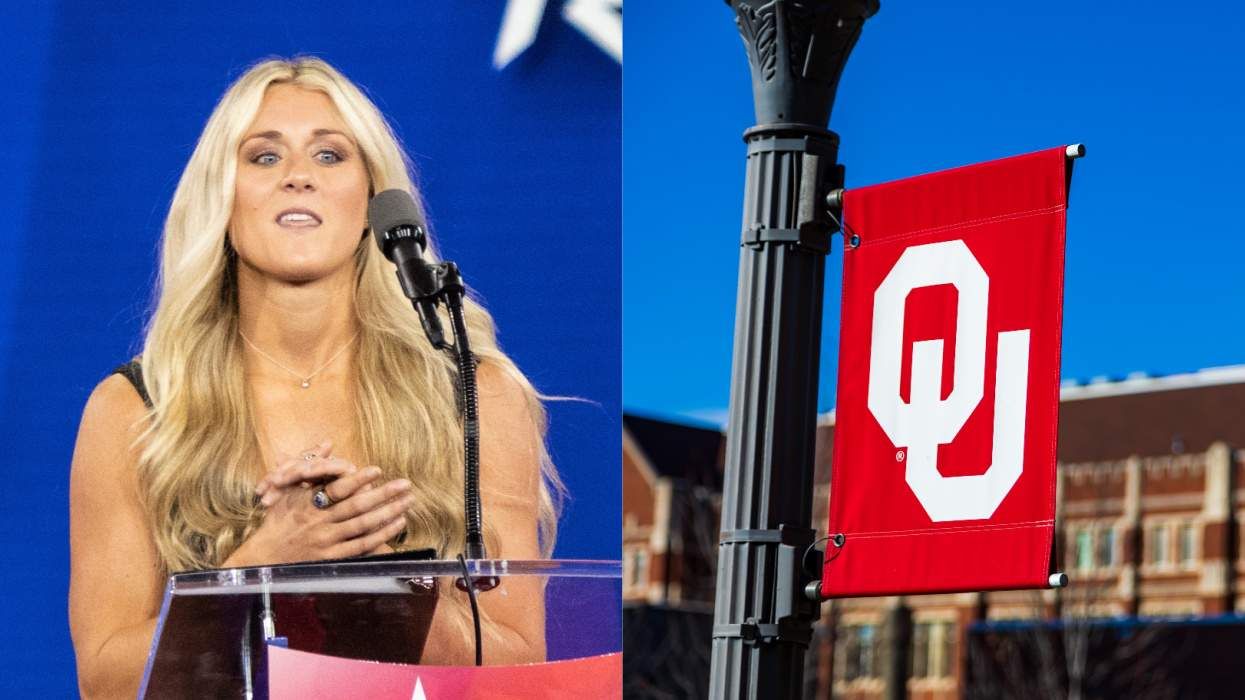


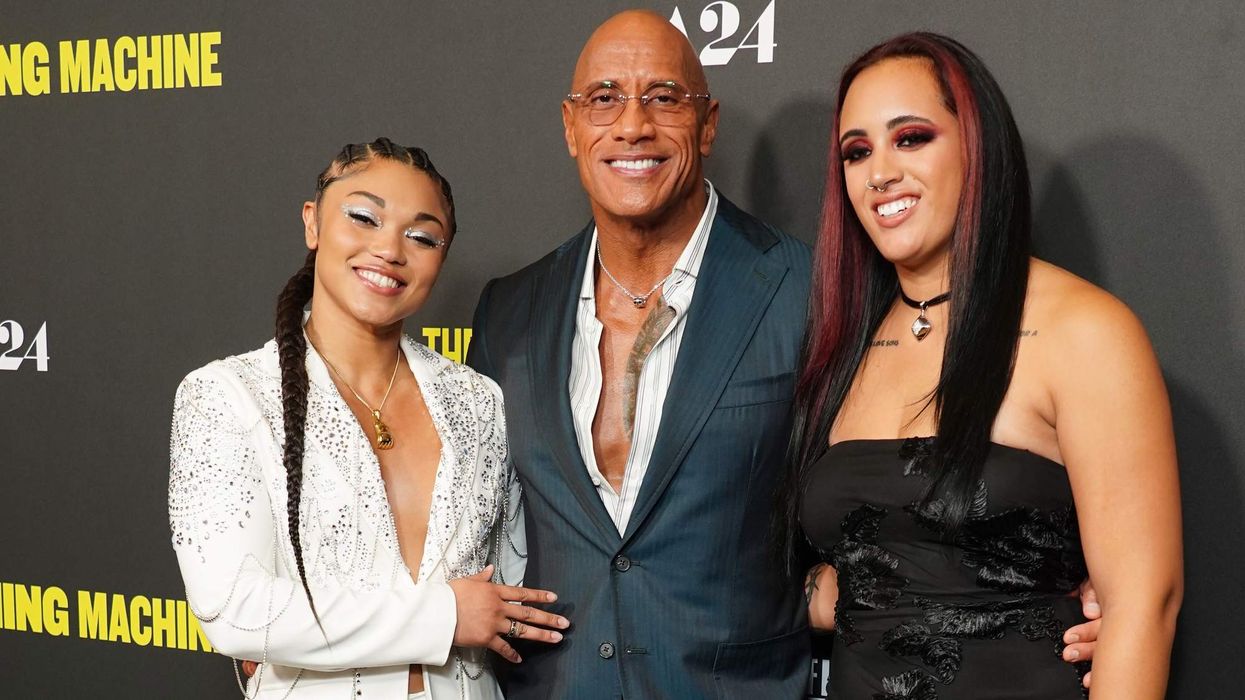
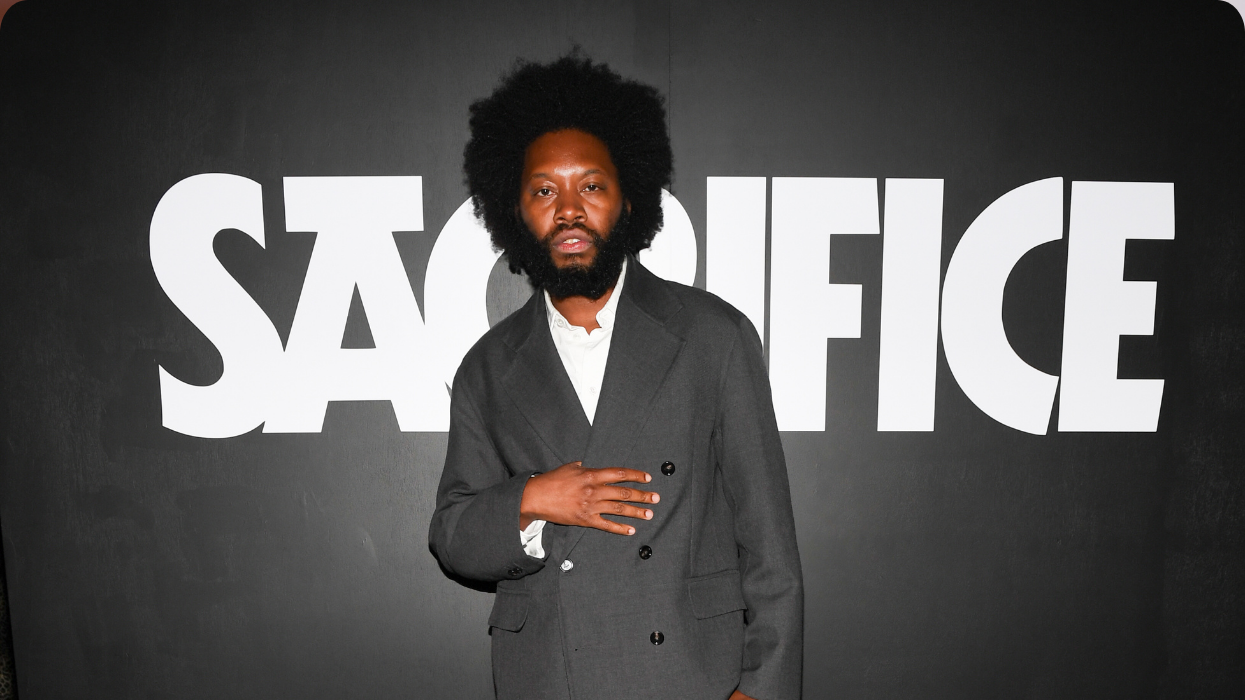
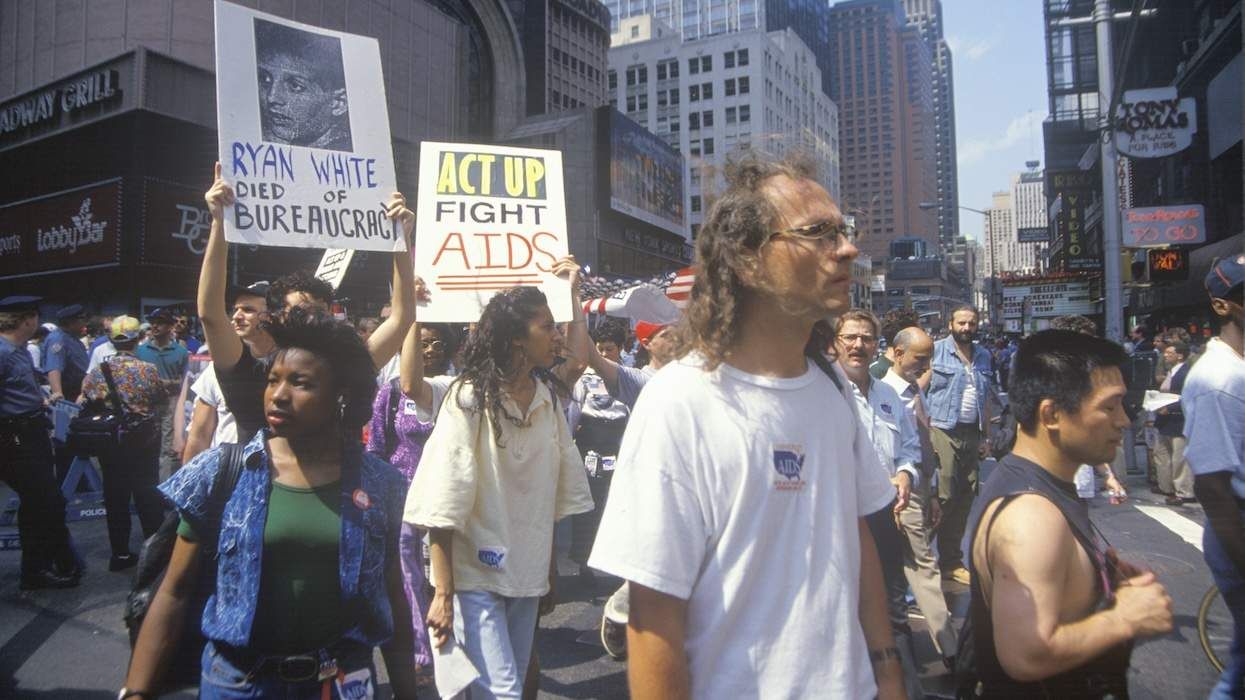
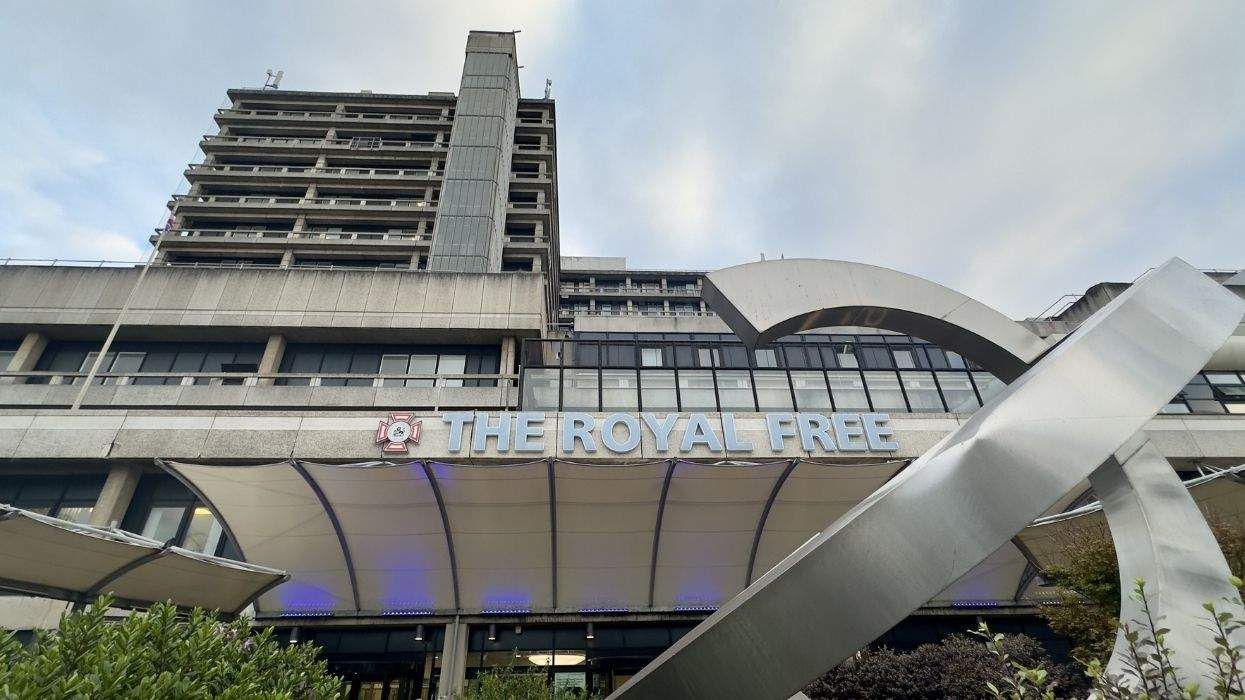

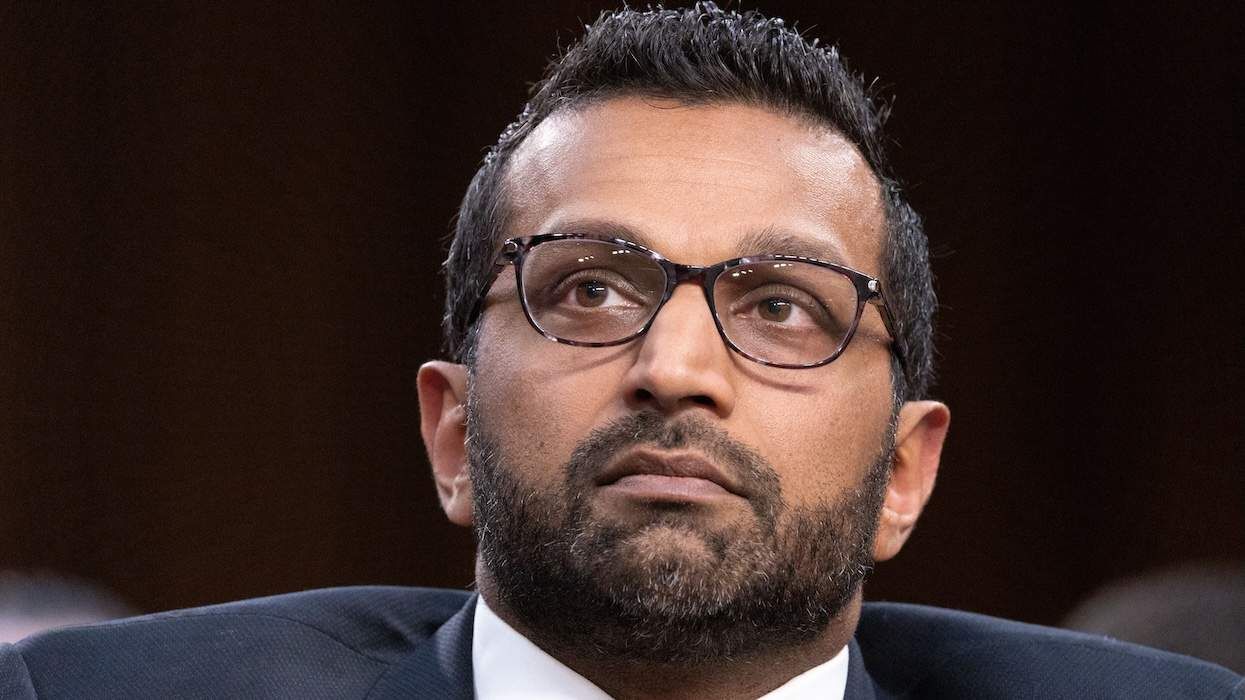















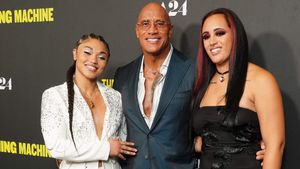



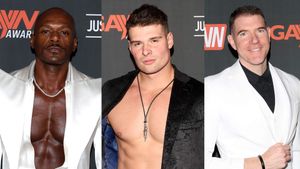





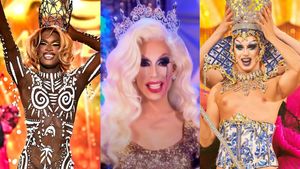














Charlie Kirk DID say stoning gay people was the 'perfect law' — and these other heinous quotes